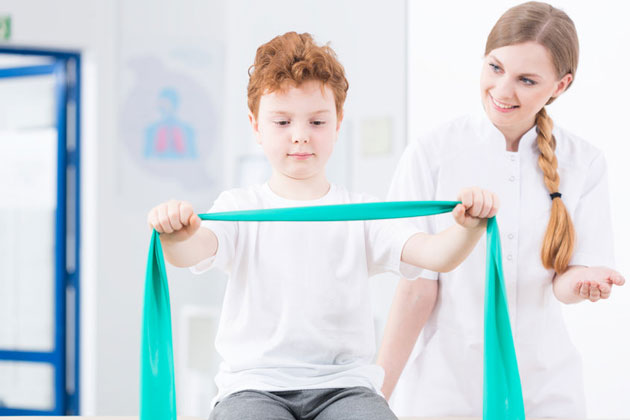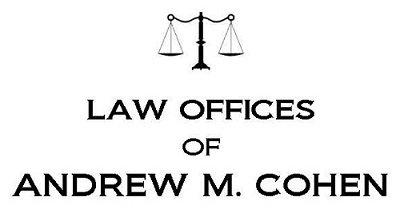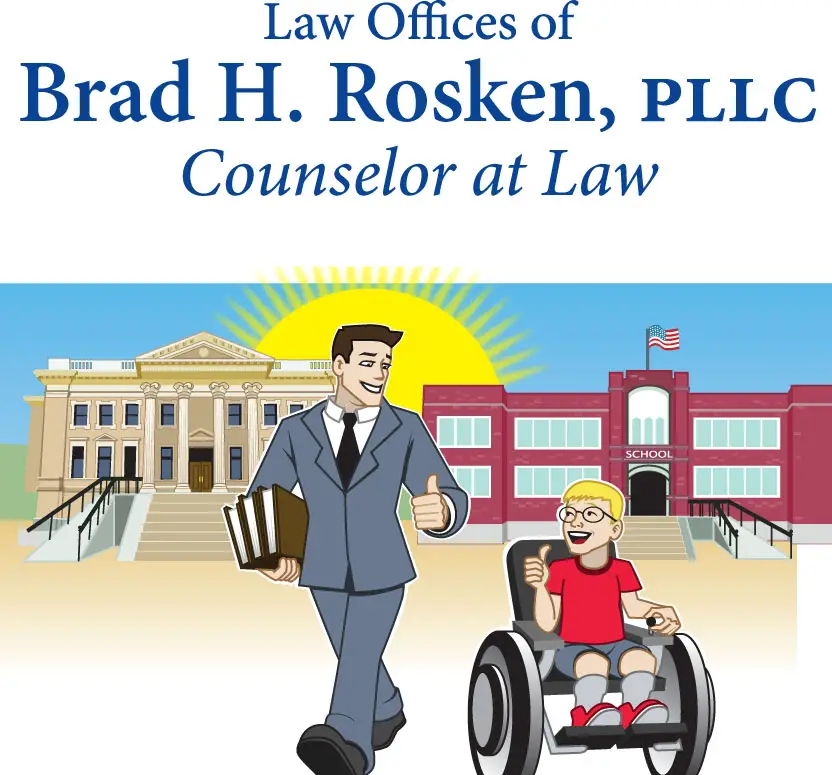More Finance, Insurance, & Legal Articles:

Professional Services for Kids and Families in Manhattan
Use our guide to find the best professional services in Manhattan. From tutors to lawyers, search our online directory.Latest News:

Professional Services for Kids and Families in Brooklyn
Use our guide to find the best professional services in Brooklyn. From tutors to lawyers, search our online directory.Family Activities:
Have a Laugh:

Best Memes of the Week for Parents
Here are the funniest parenting memes from Instagram, Facebook, and Reddit this week.Featured Listings:
Law Offices of Deborah S. Ball (The )
With more than 20 years of experience in matters involving the needs of the intellectually and physically challenged, the elderly, and their families,...

Andrew Cohen, Esq., Law Offices of Andrew M. Cohen
In order to legally protect loved ones with disabilities, a comprehensive estate plan must consider several factors. Andrew Cohen's vast professional ...

Law Offices of Brad H. Rosken, PLLC
Melville, New York School districts consult their attorneys, why shouldn’t you? Mr. Rosken is an experienced trial attorney; he is also a parent of a child with special ...

Bankers Life - Kimberly Williams-Regnier
Bankers Life is the primary subsidiary of CNO Financial Group, Inc. (itself formerly Conseco, Inc until 2010). The company was established in 1879 in ...

